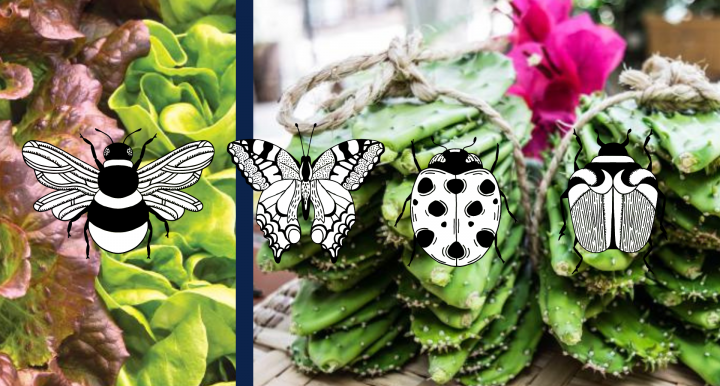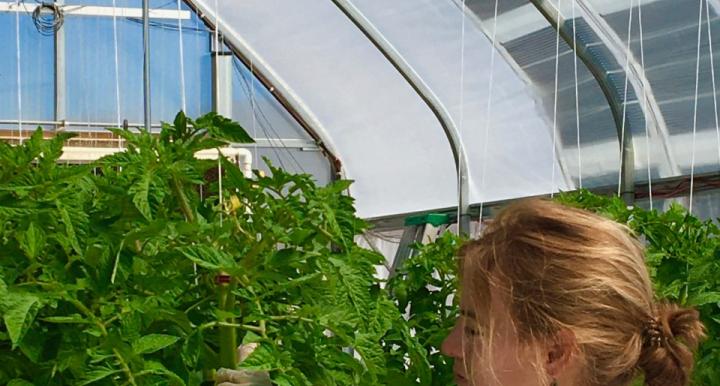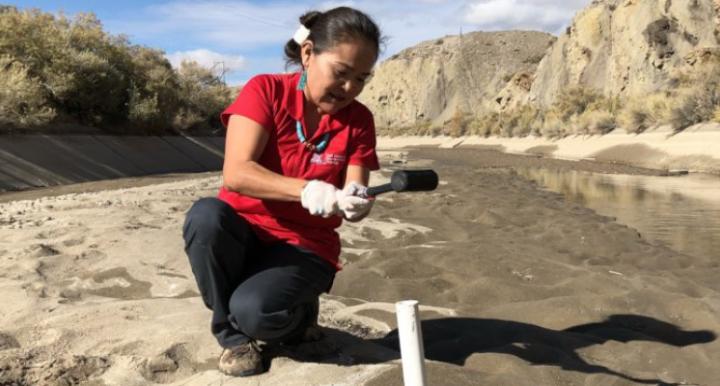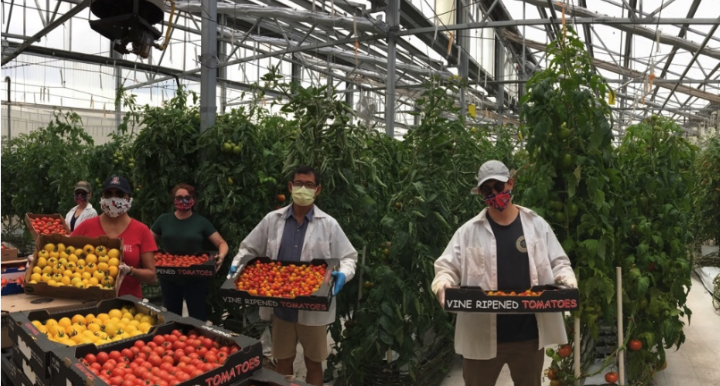Food Systems
As Arizona’s Land Grant University, UArizona has spent years equipping students, local Arizonans and others around the world with the agricultural and resource management tools they need to adapt to the food supply and food security challenges of the future.





